Home>Garden Essentials>What Happens When You Eat Apple Seeds
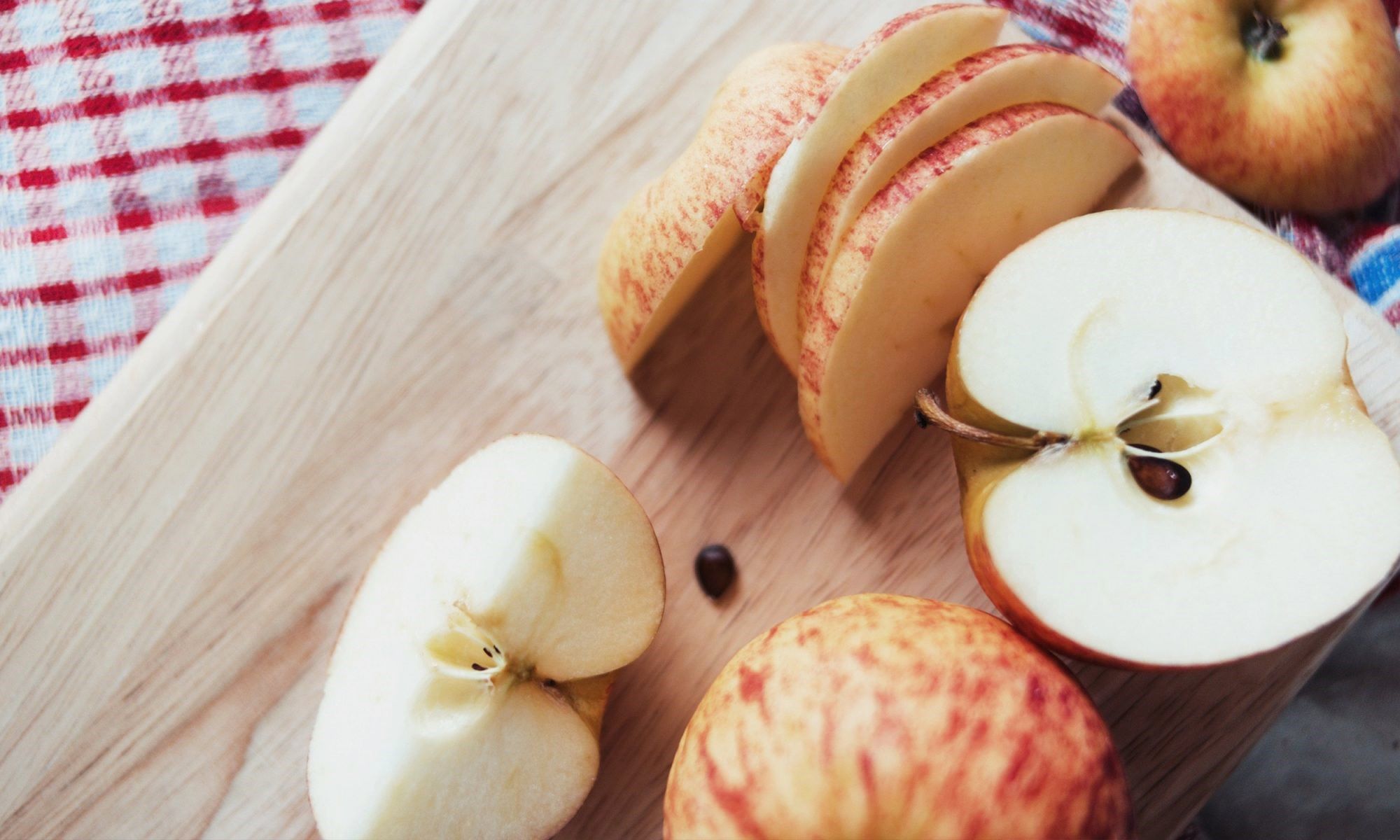

Garden Essentials
What Happens When You Eat Apple Seeds
Modified: March 16, 2024
Wondering what happens when you eat apple seeds? Discover the secret in our comprehensive guide. Unlock the mysteries of a garden and explore the benefits of apple seeds.
(Many of the links in this article redirect to a specific reviewed product. Your purchase of these products through affiliate links helps to generate commission for Storables.com, at no extra cost. Learn more)
Introduction
Apples are one of the most popular and widely consumed fruits around the world. They are not only delicious but also offer numerous health benefits. However, there is one aspect of apples that often sparks curiosity and concern – their seeds. You may have heard that apple seeds contain a compound called cyanide and wondered if they pose any health risks. In this article, we will explore the composition of apple seeds, the cyanide content they contain, and the potential health risks associated with consuming them.
Apples are known for their juicy and crispy flesh, but their seeds exhibit a different texture and taste. Apple seeds are small, brown, and hard, typically housed in the core of the fruit. These seeds have a protective coating that has a bitter taste, which is believed to be a deterrent for animals and insects. Despite their small size, apple seeds carry a surprising amount of nutritional content.
Within the tough exterior of apple seeds lies a mix of compounds. One notable component is amygdalin, a glycoside that can convert into cyanide through a chemical reaction. Cyanide is a highly toxic substance that interferes with the body’s ability to utilize oxygen. It is important to note that while cyanide is present in apple seeds, it is not harmful in small quantities.
The cyanide content in apple seeds is relatively low, making it unlikely to cause harm when consumed in small amounts. However, consuming a large quantity of apple seeds, such as ingesting an entire apple core’s worth of seeds, could potentially be dangerous.
When consumed in excess, the cyanide in apple seeds can lead to symptoms such as dizziness, nausea, headache, and even respiratory distress. These symptoms occur because cyanide prevents cells from effectively using oxygen, leading to cellular damage. However, it is crucial to understand that reaching dangerous levels of cyanide poisoning from apple seeds alone would require consuming an impractical and substantial quantity of seeds.
Key Takeaways:
- Apple seeds contain a compound called cyanide, but in small amounts, they are generally safe to swallow accidentally. However, intentionally eating a large quantity of apple seeds could potentially lead to cyanide poisoning.
- Enjoy the health benefits of apples by incorporating them into your diet in various delicious ways, but remember to avoid consuming apple seeds in large quantities to prevent any potential health risks associated with cyanide content.
Read more: What Happens If You Eat An Apple Seed
The Composition of Apple Seeds
Apple seeds may seem inconspicuous, but they are packed with various compounds that contribute to their composition. Understanding the composition of apple seeds can provide insights into their potential effects and health risks.
Amygdalin is one of the key components found in apple seeds. This compound is a cyanogenic glycoside, which means that it consists of a sugar molecule (glycoside) and a nitrile group that can release cyanide. Amygdalin is thought to be part of the plant’s defense mechanism, as it helps deter animals and insects from eating the seeds.
In addition to amygdalin, apple seeds contain a range of nutrients. They are a good source of healthy fats, fiber, and protein. They also contain vitamins such as vitamin E, which acts as an antioxidant, as well as minerals like magnesium, calcium, and phosphorus.
The nutritional composition of apple seeds contributes to their potential health benefits. Fiber, for instance, aids in digestion and helps maintain healthy cholesterol levels. Healthy fats and protein provide energy and support cellular functions in the body.
However, it is important to note that the nutritional benefits of apple seeds cannot outweigh the potential risks associated with high cyanide content. It is vital to exercise caution and moderation when it comes to consuming apple seeds.
Cyanide Content in Apple Seeds
The presence of cyanide in apple seeds is a topic of concern and debate. Cyanide is a highly toxic substance that can be harmful when consumed in large quantities. However, the cyanide content in apple seeds is relatively low, making them generally safe to consume in moderation.
The cyanide content in apple seeds varies depending on the type of apple and the specific cultivar. Studies have shown that the average cyanide content in apple seeds ranges from 0.2 to 3 milligrams per gram of seeds.
While these levels may seem significant, it is important to consider the amount of cyanide that would need to be consumed to cause harm. The lethal dose of cyanide for an average adult is estimated to be around 50 to 200 milligrams. To put this into perspective, one gram of apple seeds would contain around 0.2 to 3 milligrams of cyanide, which is well below the lethal dose.
Moreover, the human body has natural detoxification mechanisms to process and eliminate small amounts of cyanide. The enzyme rhodanese helps convert cyanide into thiocyanate, a relatively harmless compound that is excreted in urine.
It is worth noting that the cyanide content in apple seeds is highest in the outer coating or shell. When apple seeds are chewed or crushed, the protective coating is broken down, potentially releasing some cyanide. However, the risk of cyanide poisoning from consuming a reasonable amount of apple seeds is minimal.
It is important to practice moderation and avoid excessive consumption of apple seeds. If you accidentally swallow a few apple seeds, there is typically no cause for alarm. However, it is recommended to refrain from intentionally ingesting large quantities of apple seeds to mitigate any potential risks.
Potential Health Risks of Consuming Apple Seeds
While the cyanide content in apple seeds is generally low, consuming excessive amounts of apple seeds can potentially pose health risks. It is important to be aware of these risks to make informed decisions about the consumption of apple seeds.
The primary concern with consuming large quantities of apple seeds is the potential for cyanide poisoning. Cyanide is a potent toxin that can interfere with the body’s ability to utilize oxygen. When consumed in high amounts, it can lead to symptoms such as dizziness, nausea, headache, and even respiratory distress.
While it is highly unlikely to reach toxic levels of cyanide by accidentally swallowing a few apple seeds, intentionally ingesting a significant quantity of apple seeds, such as consuming an entire apple core’s worth, could potentially lead to cyanide poisoning. However, it is important to note that such a scenario would require an unrealistic and excessive intake of apple seeds.
Individuals with compromised liver function or kidney disease may be more susceptible to the potential risks associated with apple seed consumption. These organs play a crucial role in detoxifying and eliminating cyanide from the body. If you have any pre-existing liver or kidney conditions, it is best to avoid consuming apple seeds or consult with a healthcare professional.
Furthermore, children, especially those of younger age, should avoid consuming apple seeds. Their smaller body size and developing systems may make them more sensitive to the effects of cyanide. It is important to promote safe eating habits and ensure that apple seeds are not consumed by young children.
While the potential risks of apple seed consumption should be taken seriously, it is essential to note that these risks can be easily avoided by not intentionally ingesting large amounts of apple seeds. Enjoying apples as part of a balanced diet, without consuming the seeds, is a safe and healthy approach.
If you ever happen to accidentally swallow a few apple seeds, there is typically no need to panic. The trace amounts of cyanide in a few seeds are unlikely to cause any harm. However, if you experience any unusual symptoms, it is advisable to seek medical attention.
While apple seeds contain cyanide, you would need to eat a large amount for it to be harmful. However, it’s best to avoid eating apple seeds to be safe.
Can Apple Seeds be Eaten Safely?
The safety of consuming apple seeds depends on the quantity consumed. In small amounts, apple seeds are generally safe to eat. The cyanide content in apple seeds is relatively low and unlikely to cause harm when consumed in moderation.
Accidentally swallowing a few apple seeds while eating an apple is typically harmless. The small amount of cyanide in these seeds is not enough to cause any significant health concerns. The human body has natural detoxification mechanisms, and it can process and eliminate small amounts of cyanide without adverse effects.
However, intentionally ingesting a large quantity of apple seeds could potentially lead to cyanide poisoning. To put this into perspective, consuming an entire apple core’s worth of seeds would require an excessive intake that is highly unlikely in normal eating habits.
It is important to exercise caution, especially for individuals with pre-existing liver or kidney conditions. These organs are responsible for detoxifying and eliminating toxins, including cyanide. If you have any liver or kidney issues, it is advisable to avoid consuming apple seeds or consult with a healthcare professional.
Additionally, it is recommended to keep apple seeds away from young children, as their smaller body size and developing systems may make them more sensitive to the effects of cyanide. Promoting safe eating habits and ensuring that apple seeds are not within reach of young children is crucial to prevent any accidental consumption.
If you enjoy the taste and texture of apple seeds and wish to incorporate them into your diet, it is recommended to do so in a controlled and moderate manner. Crushing or grinding the seeds before consuming them releases a higher amount of cyanide, so it is best to consume them whole. However, it is essential to be mindful of the quantity consumed and to avoid excessive intake.
Overall, while apple seeds do contain cyanide, they can be eaten safely in small amounts. It is essential to consume them in moderation and to be aware of any pre-existing health conditions that may affect their safety.
Read more: What Happens When You Eat Pomegranate Seeds
Safe Ways to Incorporate Apples into your Diet
Apples are a versatile and nutritious fruit that can be enjoyed in various ways. While the seeds may pose some health risks, the flesh of the apple contains a wealth of vitamins, minerals, and fiber, making them a valuable addition to a healthy diet. Here are some safe and delicious ways to incorporate apples into your everyday meals:
- Raw Apple Slices: Enjoy the crisp and natural sweetness of apples by simply slicing them and eating them as a snack. They are refreshing and satisfying, providing a good source of dietary fiber.
- Apple Salad: Combine apple slices with other fruits, vegetables, and greens to create a refreshing and nutritious salad. Consider adding ingredients like spinach, kale, walnuts, and a light vinaigrette dressing for a delightful flavor combination.
- Apple Smoothies: Blend chopped apples with your favorite fruits, yogurt, and a liquid base like almond milk for a nutritious and filling smoothie. This is a great way to get the benefits of apples while enjoying a flavorful beverage.
- Baked Apples: Try baking apples with a sprinkle of cinnamon and a drizzle of honey for a healthy and satisfying dessert. It brings out the natural sweetness of the fruit, creating a warm and comforting treat.
- Apple Sauce: Make your own homemade apple sauce by cooking down peeled and chopped apples with a touch of water, cinnamon, and a sweetener of your choice. It can be used as a topping for pancakes, oatmeal, or enjoyed on its own as a healthy snack.
- Apple Crisp: Use sliced or chopped apples as the base and top them with a mixture of oats, flour, butter, cinnamon, and a sweetener. Bake until golden and enjoy a delicious and healthier version of a classic dessert.
- Apple Cider: Create a cozy beverage by simmering sliced apples with water, spices like cinnamon, cloves, and nutmeg. Strain the liquid and enjoy a warm cup of homemade apple cider. It’s a comforting treat during colder months.
- Apple and Nut Butter: Spread your favorite nut butter, such as almond or peanut butter, onto apple slices for a satisfying and protein-packed snack. The combination of the creamy nut butter and the crunchy apple is a delightful contrast.
Remember, while enjoying these delicious ways to incorporate apples into your diet, it is important to avoid consuming apple seeds in large quantities to prevent any potential health risks associated with cyanide content. By removing the seeds and focusing on the flesh of the apple, you can enjoy the numerous health benefits without any concerns.
Conclusion
Apples are undoubtedly a healthy and delicious fruit that offers a range of nutritional benefits. While concerns about the cyanide content in apple seeds have arisen, it is important to approach this topic with perspective and moderation.
The cyanide content in apple seeds is relatively low, and consuming them in small amounts is generally safe for most individuals. Accidentally swallowing a few apple seeds while eating an apple is unlikely to cause any harm. However, intentionally ingesting a large quantity of apple seeds could potentially lead to cyanide poisoning, though this is an extreme scenario that is highly unlikely in normal circumstances.
To err on the side of caution, it is best to avoid consuming apple seeds in excessive amounts. By removing and discarding the seeds, you can enjoy the numerous health benefits of apples while ensuring your safety.
If you have pre-existing liver or kidney conditions, it is advisable to consult with a healthcare professional before consuming apple seeds. Additionally, it is important to keep apple seeds away from young children to prevent accidental ingestion.
However, it is important to remember that the flesh of the apple is incredibly nutritious and can be enjoyed in various ways. Incorporating apples into your diet through raw slices, salads, smoothies, baked treats, and other creative recipes allows you to take advantage of their vitamins, minerals, and fiber without any concerns about the seeds.
Ultimately, by understanding the composition of apple seeds, the potential risks associated with consuming them, and practicing moderation, you can safely enjoy the many benefits that apples have to offer. So, go ahead and indulge in this versatile fruit while keeping the seeds aside for a worry-free apple experience!
Frequently Asked Questions about What Happens When You Eat Apple Seeds
Was this page helpful?
At Storables.com, we guarantee accurate and reliable information. Our content, validated by Expert Board Contributors, is crafted following stringent Editorial Policies. We're committed to providing you with well-researched, expert-backed insights for all your informational needs.
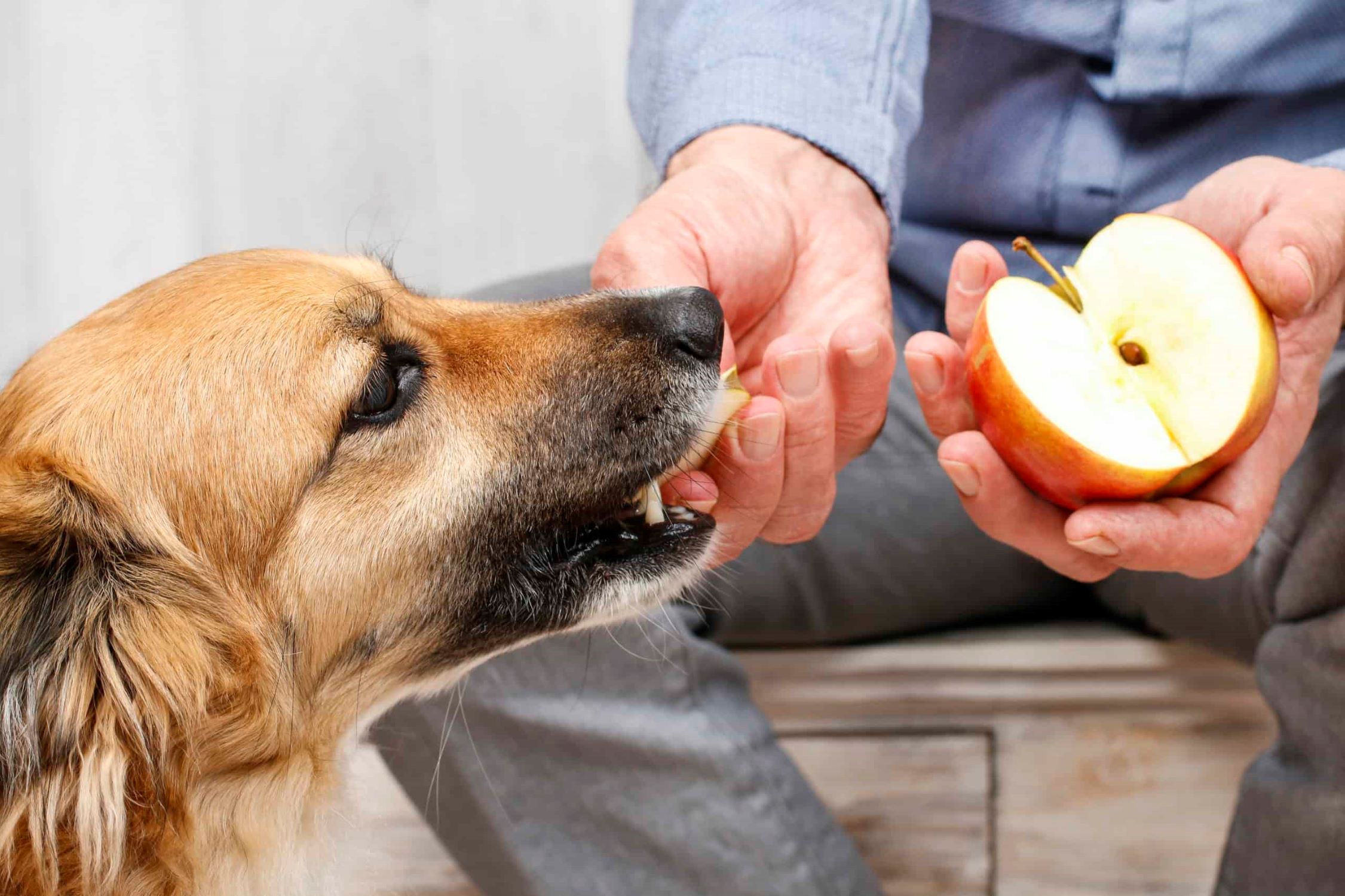

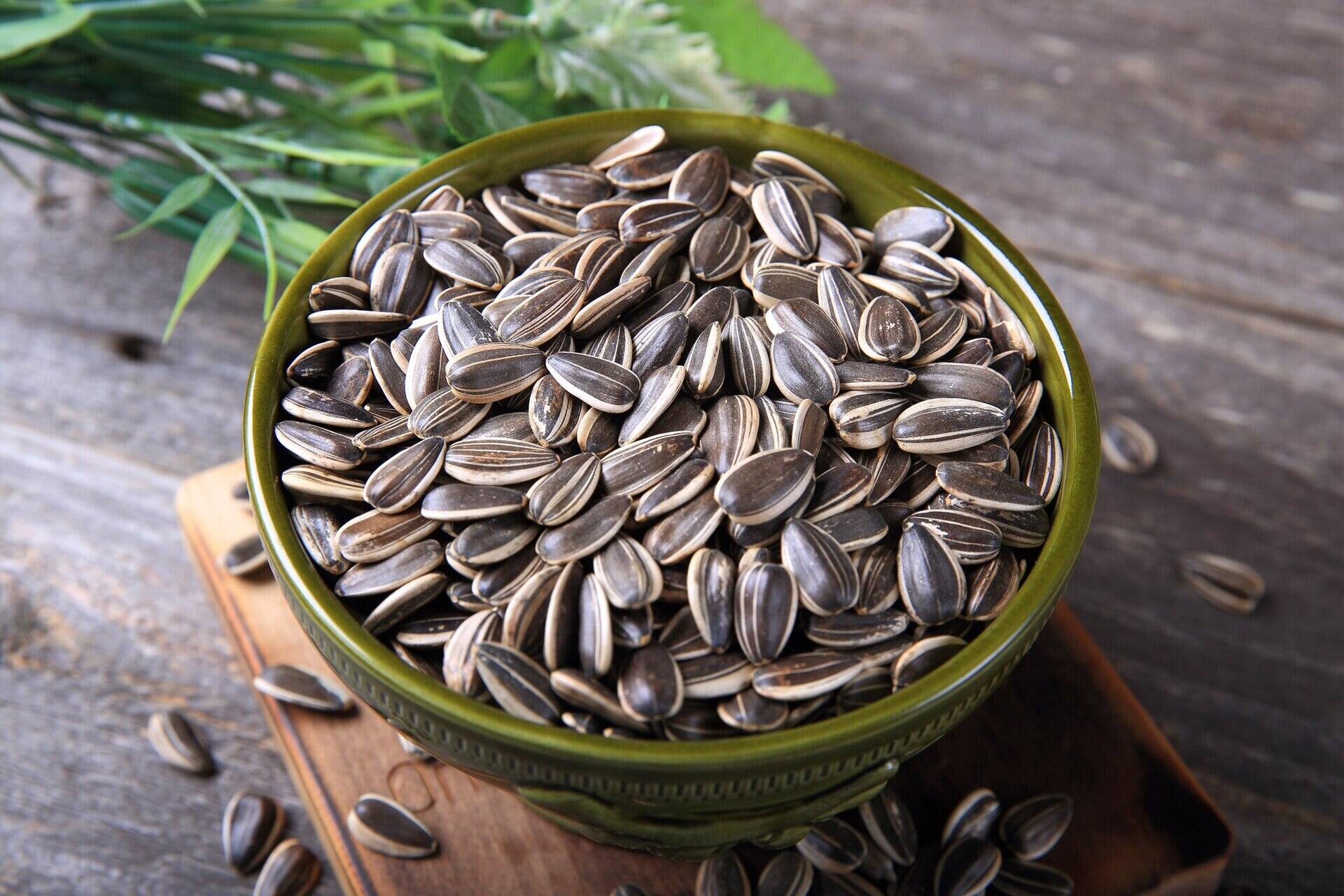
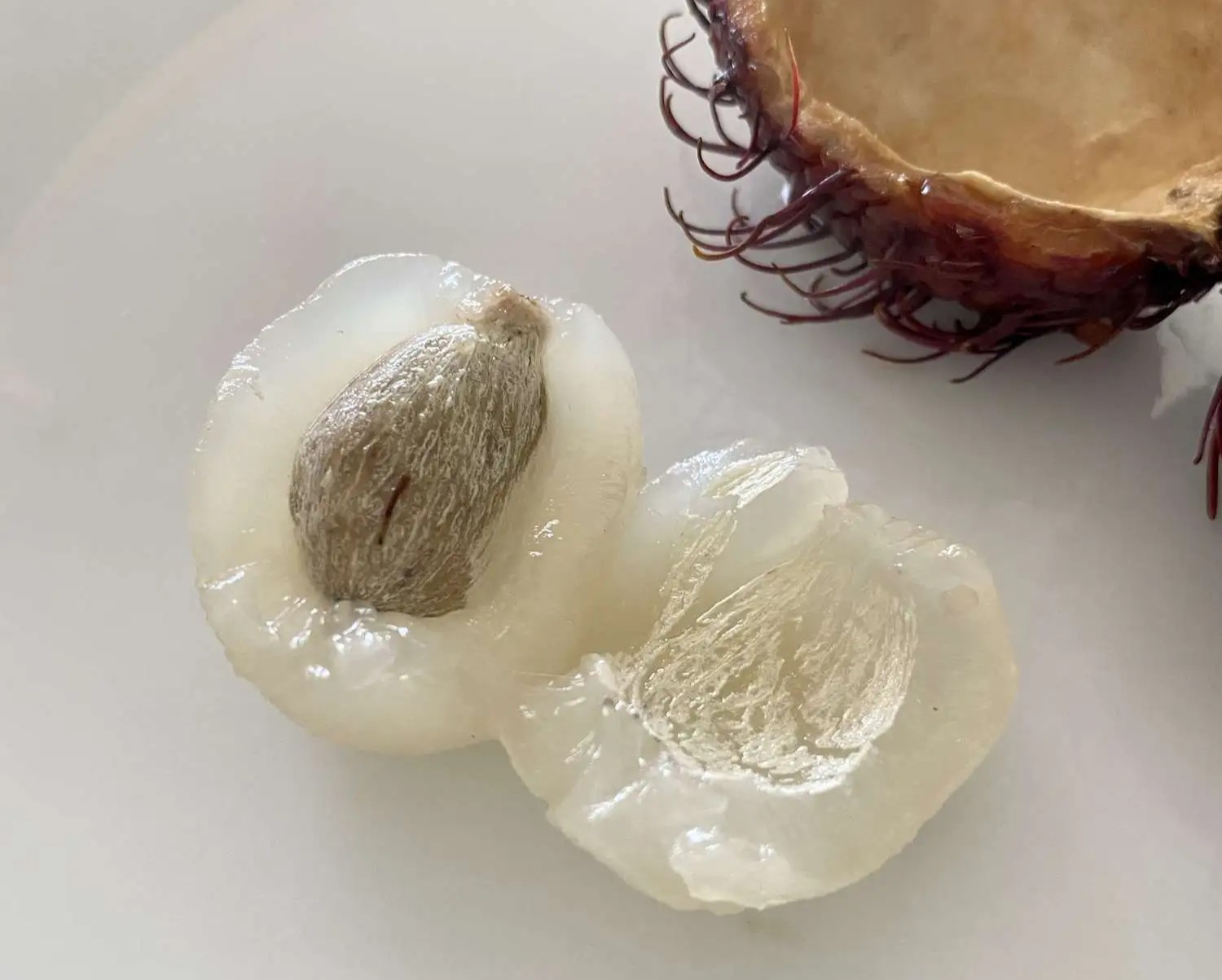

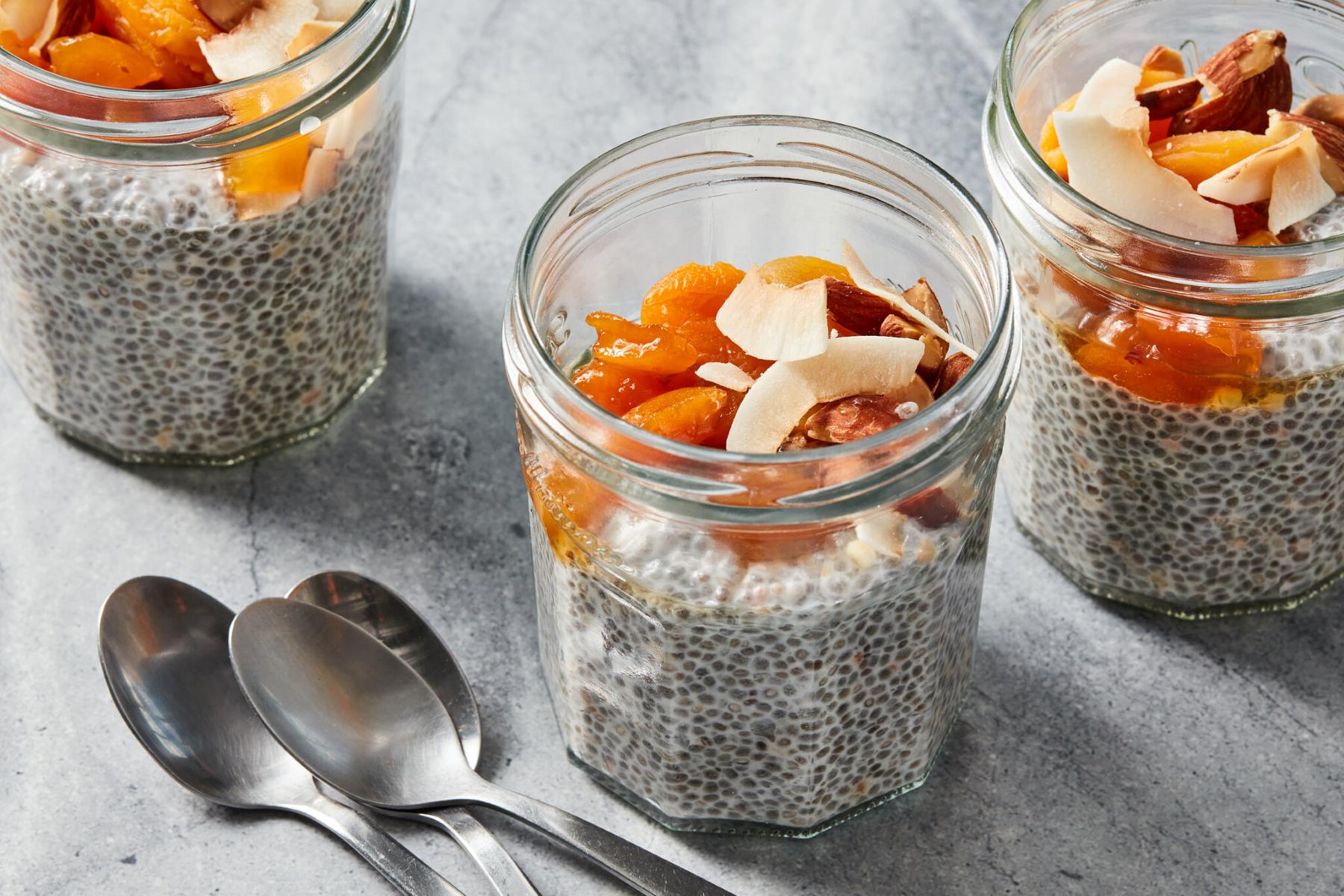
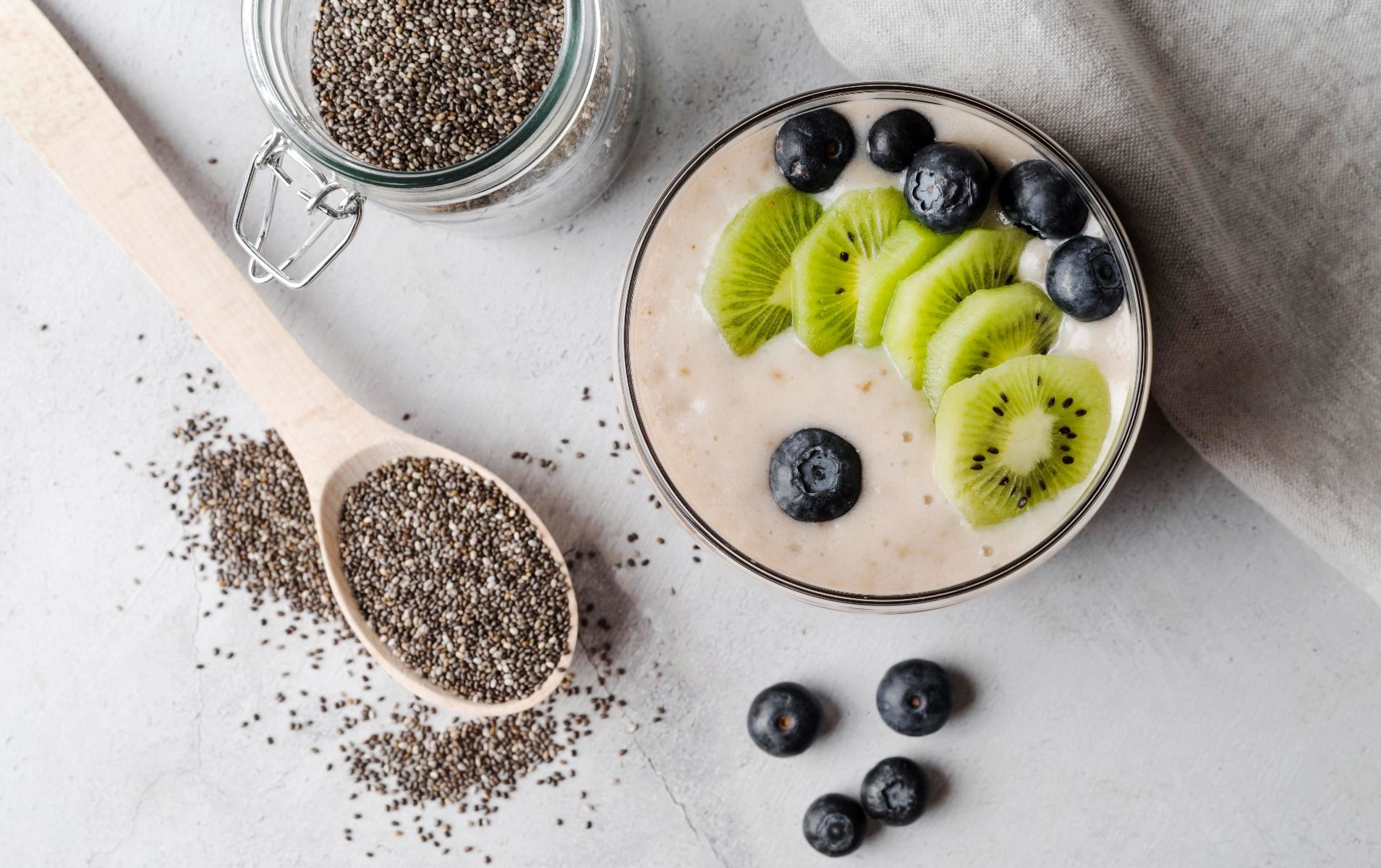
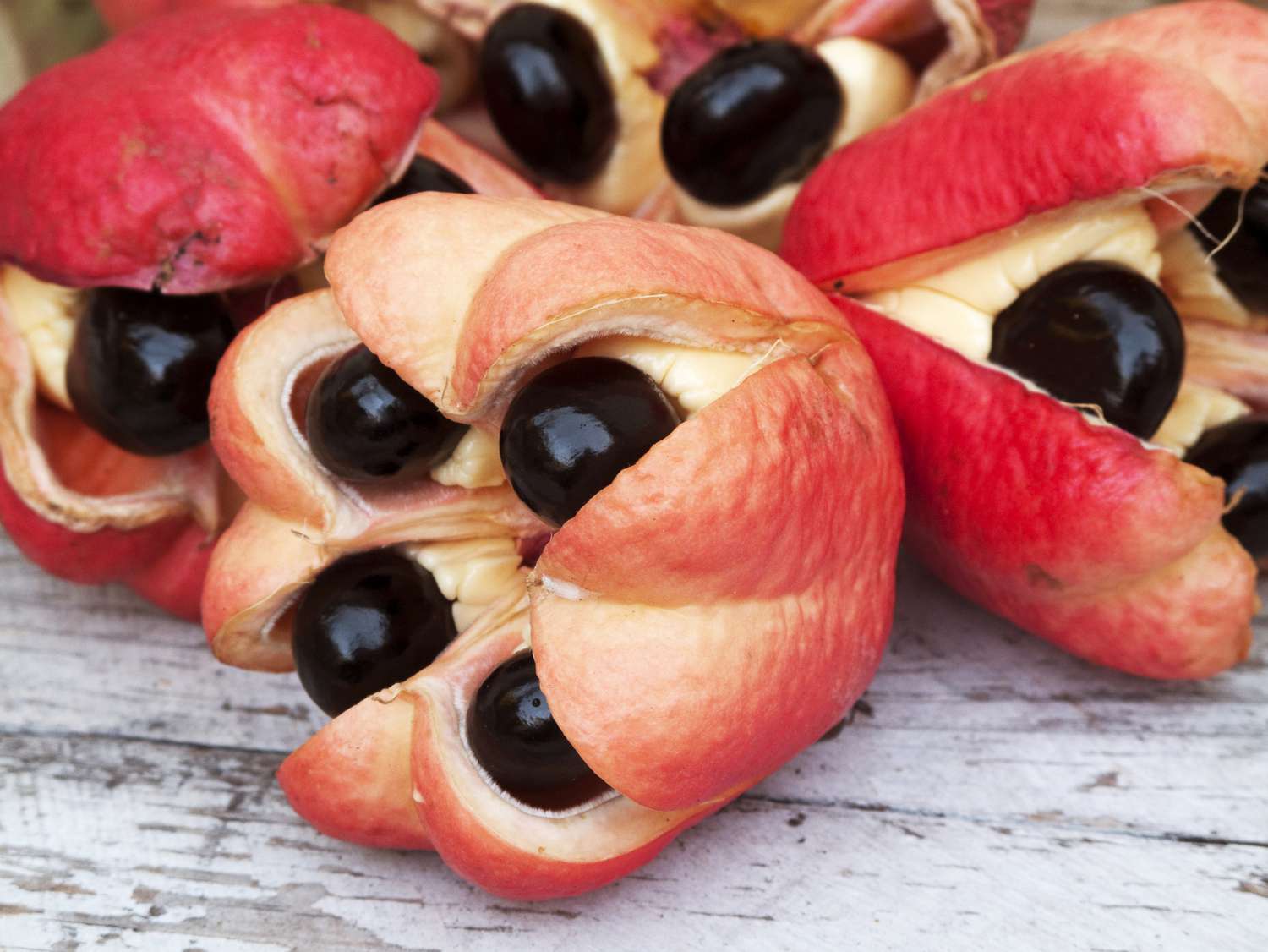


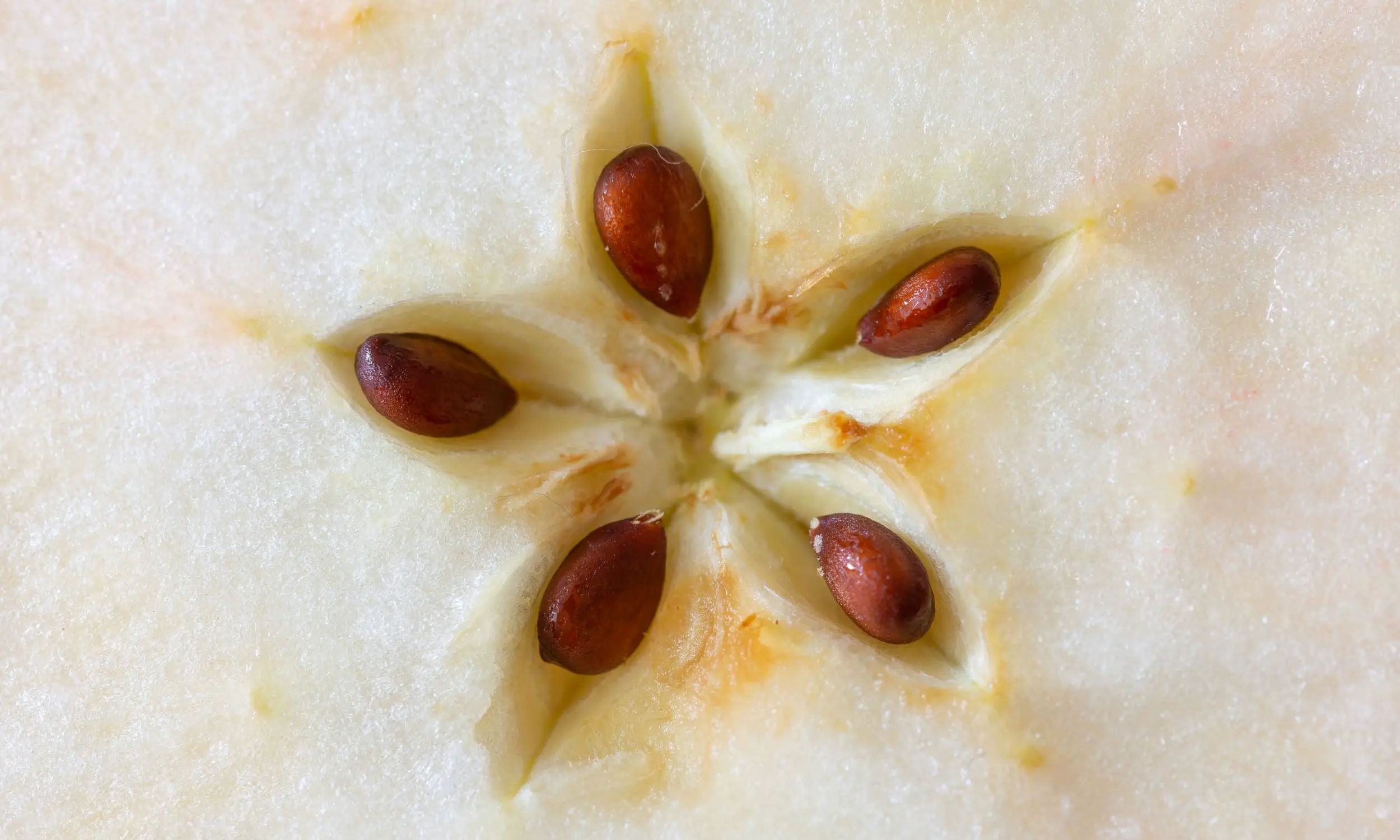
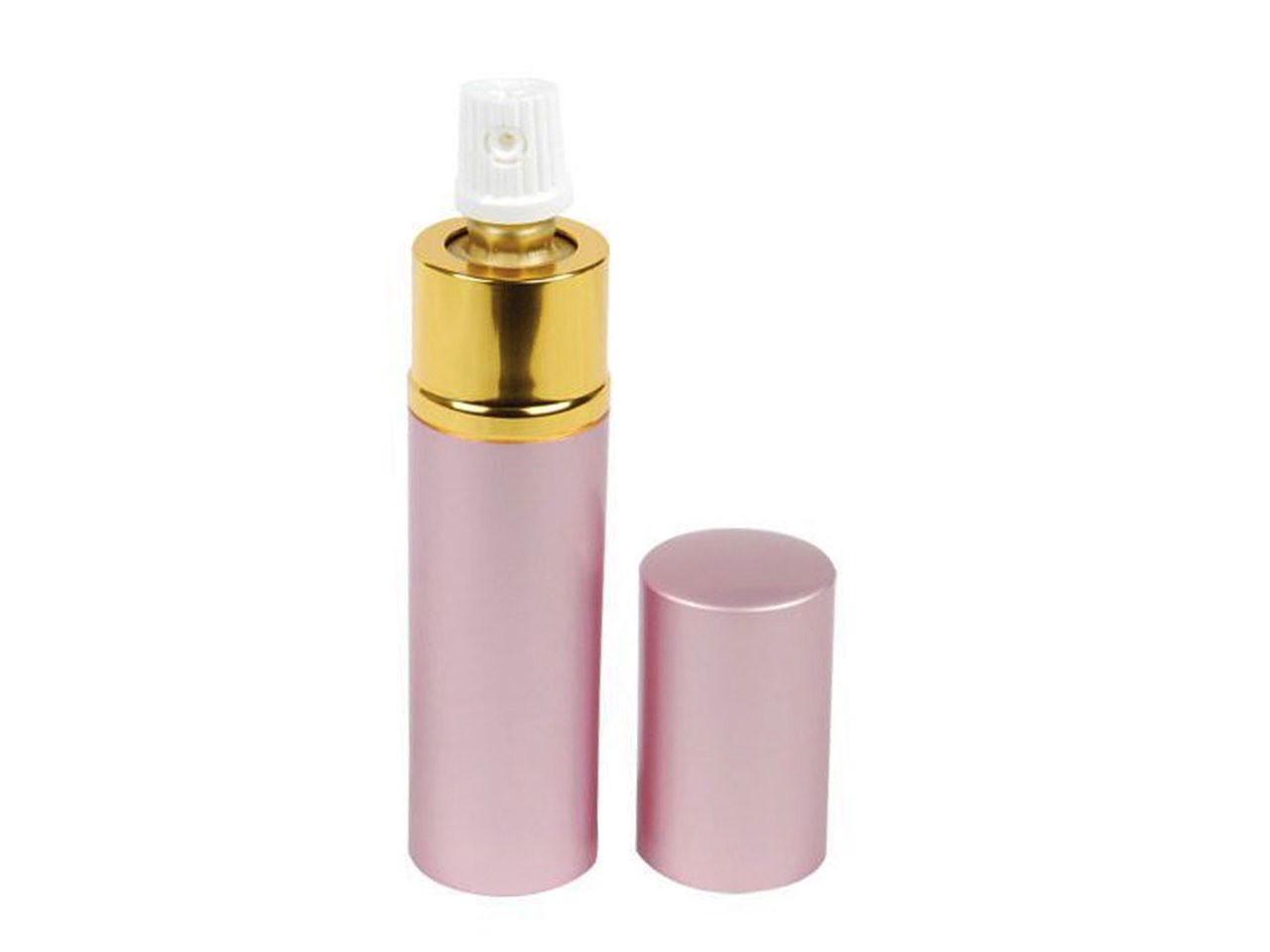
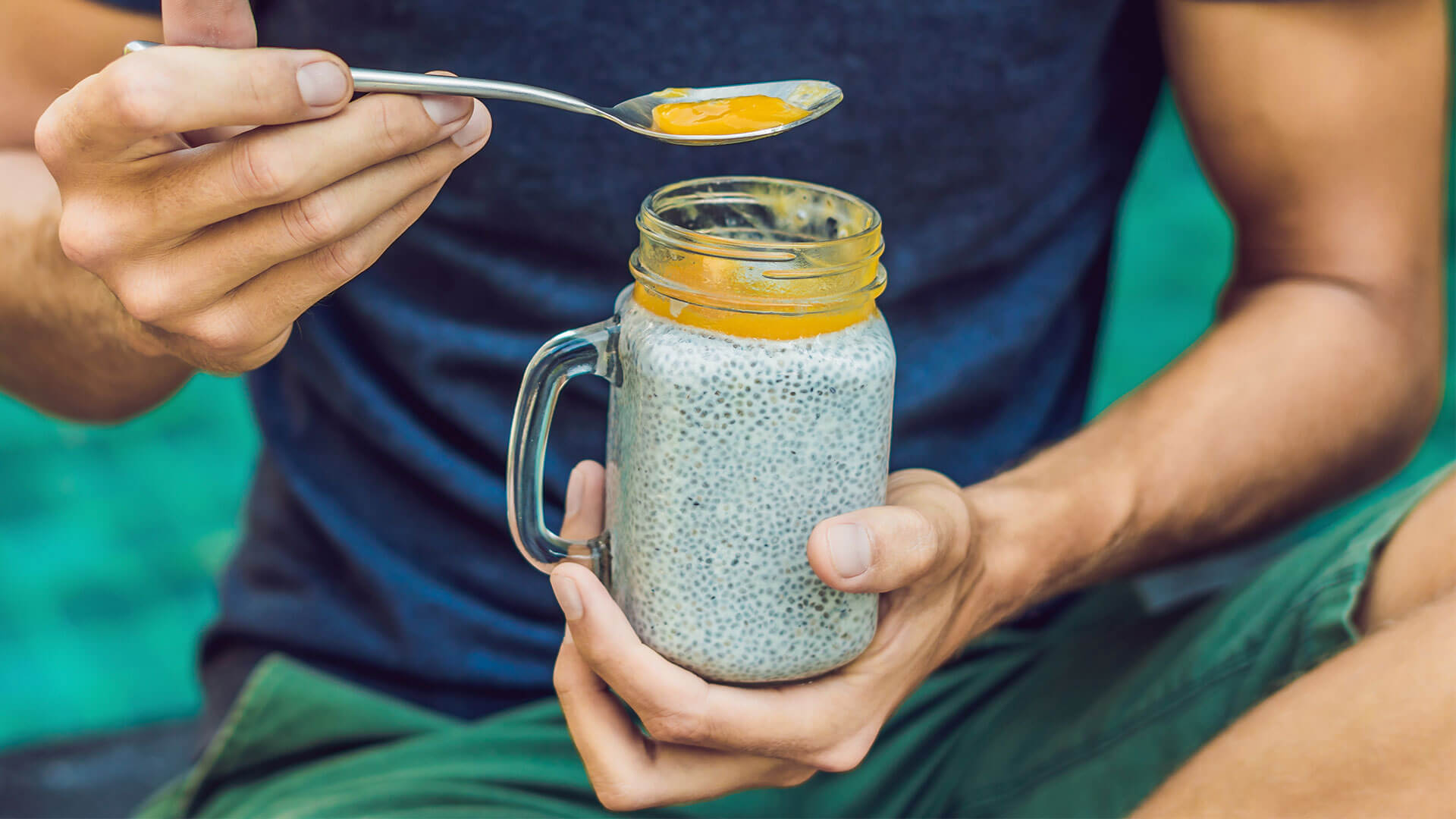


0 thoughts on “What Happens When You Eat Apple Seeds”